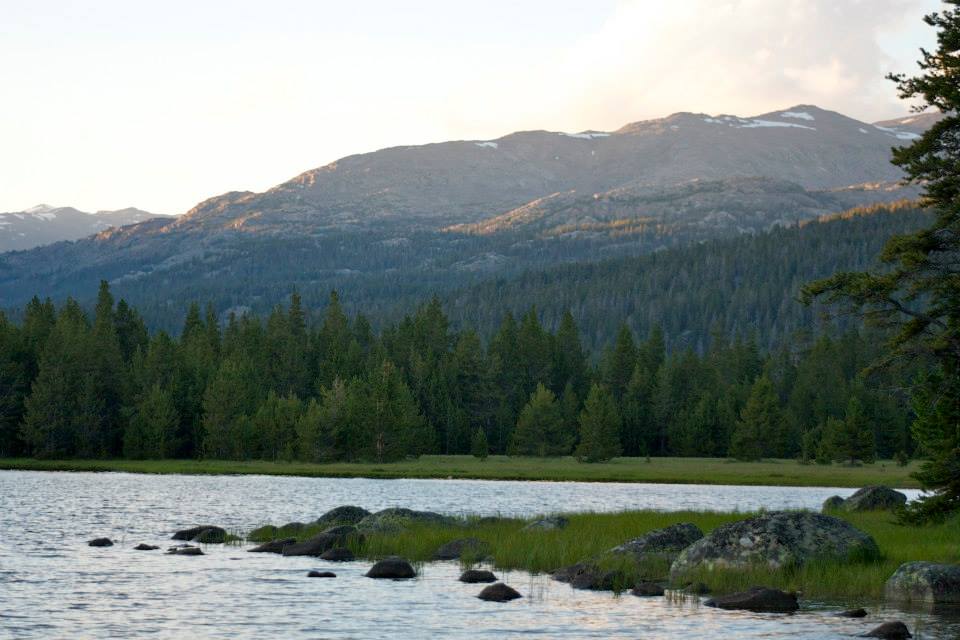
Environmental groups got their chance to weigh in on the 2016 Democratic Party Platform on Friday, and their underlying message was one of praise for progress made on climate change and a desire to see more. The Democratic Party should stand behind President Barack Obama’s climate efforts and work to build on those them in the next administration, numerous witnesses said during a Democratic National Committee platform drafting meeting in Phoenix.
“The platform should include taking aggressive measures to reduce the pollution fueling climate change, including from power plants, the oil and gas sector, and cars and trucks. The platform should commend the historical international climate agreement forged in Paris and recognize the threats the climate crisis poses to communities across the country,” said Madeleine Foote, legislative representative with the League of Conservation Voters.
Under the Paris Agreement, the United States committed to cutting greenhouse gas emissions 26-28 percent by 2025. Nearly 200 nations adopted the agreement and more than 175 have signed it. Once 55 parties representing at least 55 percent of global emissions ratify the deal, it will take effect; that is expected in late 2016 or early 2017.
Many witnesses pointed to the Clean Power Plan, the Environmental Protection Agency’s standards for carbon emissions from existing coal-fired power plants, as an essential Obama administration action needing to be carried forward into the next administration.
The Supreme Court issued a stay of the rule in February, halting implementation until the conclusion of an enormous ongoing legal battle pitting 27 states and various organizations against the EPA. “I encourage the platform committee, very respectfully, to recognize the gains that we’ve had and fight together to defend against the pushback that we are seeing on the Clean Power Plan,” said Susan Tierney, a senior adviser with the Analysis Group.
Beyond the CPP, speakers at the meeting called for an accelerated transition from the use of fossil fuels in energy generation altogether. “We have a responsibility to our fellow Americans, to our children, and to their children to act quickly and decisively to end our use of dirty fossil fuels that drive climate change and to build cleaner, smarter ways to power our future,” according to Rhea Suh, president of the Natural Resources Defense Council.
To drive this transition, Suh said, the CPP must be fully implemented, fossil fuel subsidies must be eliminated, and new leasing for fossil fuel production on federal lands must end. New coal leasing on federal lands is currently under an Interior Department moratorium pending an analysis of the program, but that hold may be lifted after the analysis is completed.
Other issues addressed included ending fracking, greater investment in renewable energy and clean energy infrastructure, and a need for safe drinking water in the wake of the Flint, Mich., water crisis.